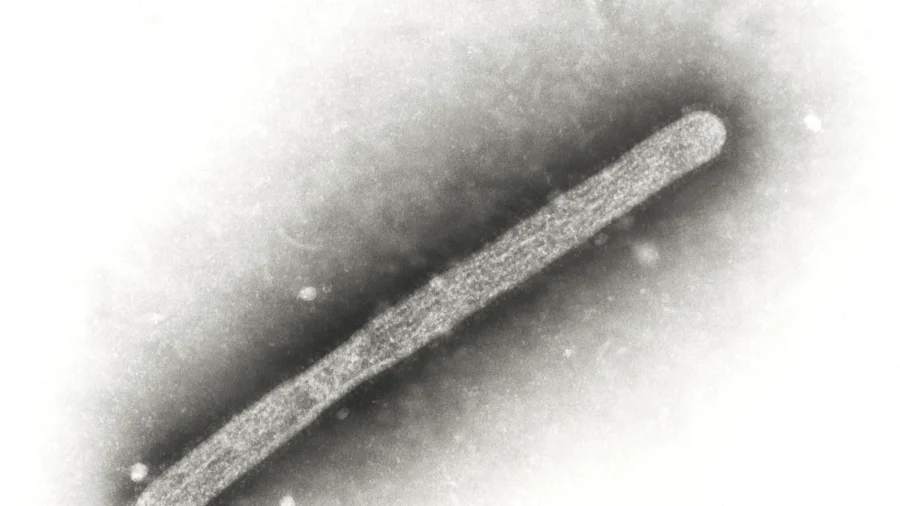The South Carolina Department of Public Health (DPH) has announced the state’s first influenza-related death of the season.
Dr. Linda Bell, state epidemiologist and director of DPH’s Health Programs Branch, confirmed that the individual was from the Midlands region and died from complications related to the flu.
Flu can occur year-round, but flu season officially started on Sept. 29 for surveillance purposes. The South Carolina DPH releases a weekly Flu Watch report every Wednesday to monitor the trends.
Flu can affect people at any age, regardless of their health, and can lead to serious complications. However, certain individuals are at an increased risk of severe outcomes if they contract the flu. These high-risk groups include the elderly, young children, particularly toddlers, people with chronic health conditions such as asthma, diabetes, or heart disease, those with obesity, and pregnant women.
“This is a sober reminder that the flu can be deadly,” Dr. Bell said. “Unfortunately, we see many deaths, hospitalizations and other serious complications of flu each year in our state.”
Typically, individuals are most contagious in the first three days of their illness. Healthy adults might infect others starting a day before symptoms develop and continuing for up to five to seven days after becoming sick. However, young children and those with weakened immune systems may be contagious for even longer periods.
DPH and the U.S. Centers for Disease Control and Prevention (CDC) recommends that everyone aged 6 months and older should receive a flu vaccine each year.
The CDC also recommends a series of everyday preventive actions, including maintaining a distance from people who are sick, covering coughs and sneezes, frequent handwashing, and taking measures to ensure cleaner air.

